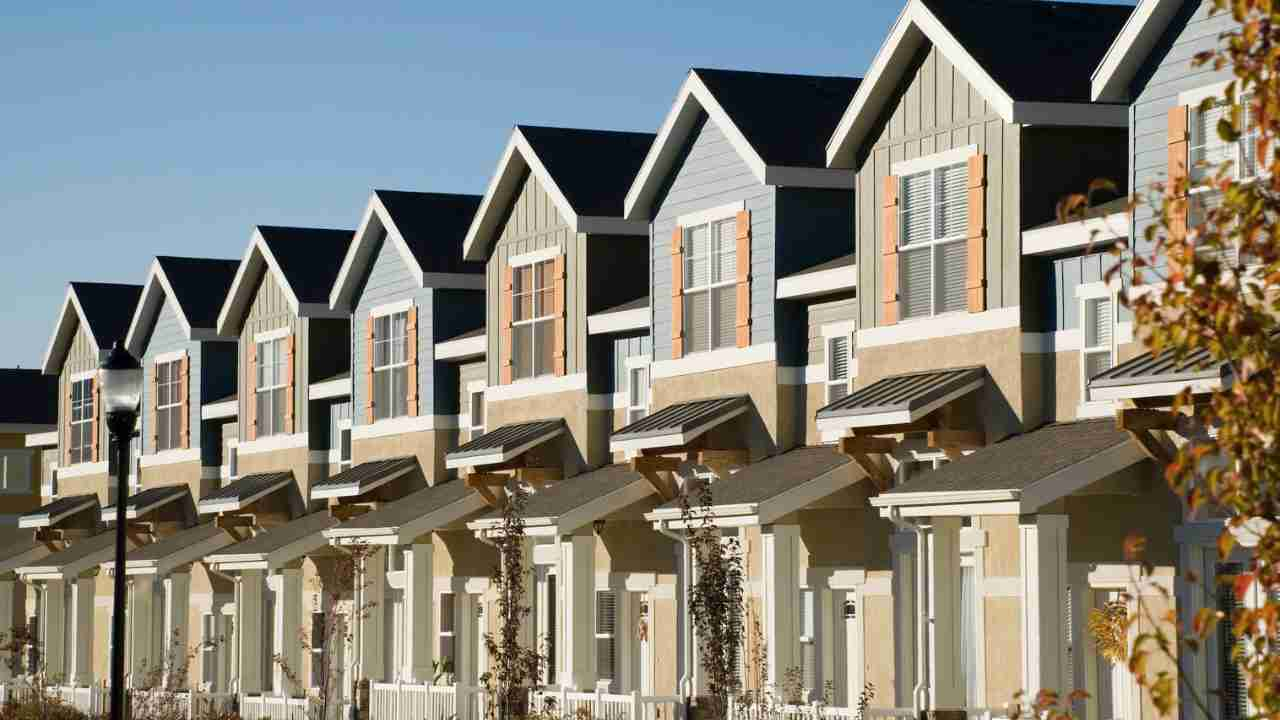Choosing the right place to call home is a significant decision that can greatly impact your lifestyle and financial well-being. In the realm of urban living, two popular options emerge: buying a condo or renting an apartment. Each comes with its unique set of advantages and considerations, making it essential for potential residents to weigh their preferences and financial situations. In this comprehensive guide, we’ll explore the nuances of condo and apartment living to help you make an informed decision.
Apartment Living
Renting an apartment provides flexibility and freedom from long-term commitments associated with homeownership. Apartments are generally managed by property management companies or individual landlords, giving tenants the ability to move more easily when needed.
Pros of Apartment Living
- Flexibility: Renting an apartment allows for greater flexibility, making it an ideal choice for those who might need to relocate frequently.
- Lower Upfront Costs: Renting often requires a lower upfront financial commitment compared to buying a condo, making it more accessible for individuals with limited savings.
- Maintenance Responsibilities: Landlords are typically responsible for maintenance and repairs, freeing tenants from the burden of homeownership responsibilities.
Cons of Apartment Living
- Limited Equity: Renting does not provide the opportunity to build equity or ownership in the property.
- Rent Increases: While homeowners with fixed-rate mortgages have stable monthly payments, renters may face rent increases over time.
- Limited Personalization: Tenants may have restrictions on how they can personalize or modify their living spaces, as these decisions are often subject to landlord approval.
Condo Living:
Condominiums, or condos, are a unique housing option that blends the privacy of homeownership with the convenience of shared amenities. When you buy a condo, you own your individual unit within a larger building or community. However, you also share ownership and responsibility for common areas such as lobbies, gyms, and swimming pools.
Pros of Condo Living
- Ownership and Equity: Purchasing a condo gives you a tangible asset and the potential for property appreciation, allowing you to build equity over time.
- Amenities: Many condos come equipped with desirable amenities, such as fitness centers, security services, and communal spaces, offering a luxurious lifestyle.
- Community Living: Condo communities often foster a sense of community, making it an ideal choice for those who enjoy social interactions with neighbors.
Cons of Condo Living
- Monthly Fees: Condo owners are typically required to pay monthly homeowners’ association (HOA) fees to cover maintenance costs and communal amenities.
- Limited Control: Homeowners must adhere to the rules and regulations set by the HOA, limiting individual freedom when it comes to property modifications or alterations.
- Market Fluctuations: Like any real estate investment, the value of your condo can fluctuate based on market conditions.
Factors to Consider
When you are facing any difficulty in deciding whether to buy a condo or rent an apartment, consider the following factors:
Financial Considerations
Apartment living may appeal to those seeking financial flexibility, while condos offer the potential for property value appreciation. Prospective residents must evaluate their financial goals and capabilities before deciding between leasing and owning.
Lifestyle Preferences
Lifestyle preferences play a significant role in the decision-making process. Individuals who value independence and mobility might lean towards apartment living, while those seeking long-term stability and ownership may opt for condos.
Legal and Financial Responsibilities
Understanding the legal and financial responsibilities associated with leases and mortgages is crucial. Tenants should be aware of lease terms and conditions, while condo owners must comprehend the obligations outlined by the HOA.
Conclusion
Choosing between condo and apartment living involves a careful consideration of personal preferences, financial goals, and lifestyle priorities. Whether opting for the flexibility of leases or the permanence of mortgages, individuals can make informed decisions by understanding the nuances of each living arrangement. By weighing the pros and cons, residents can embark on a housing journey that aligns with their unique needs and aspirations..







